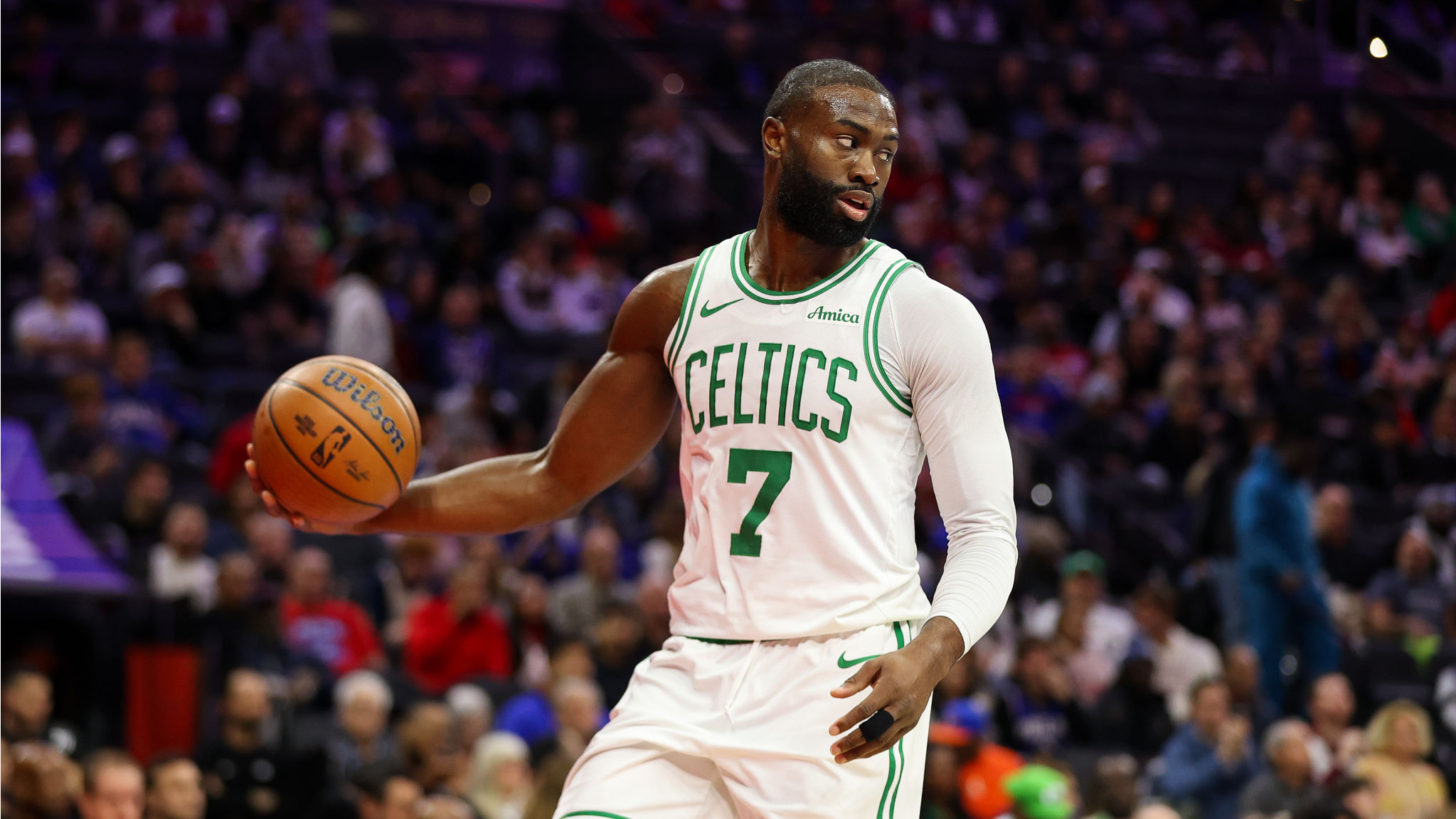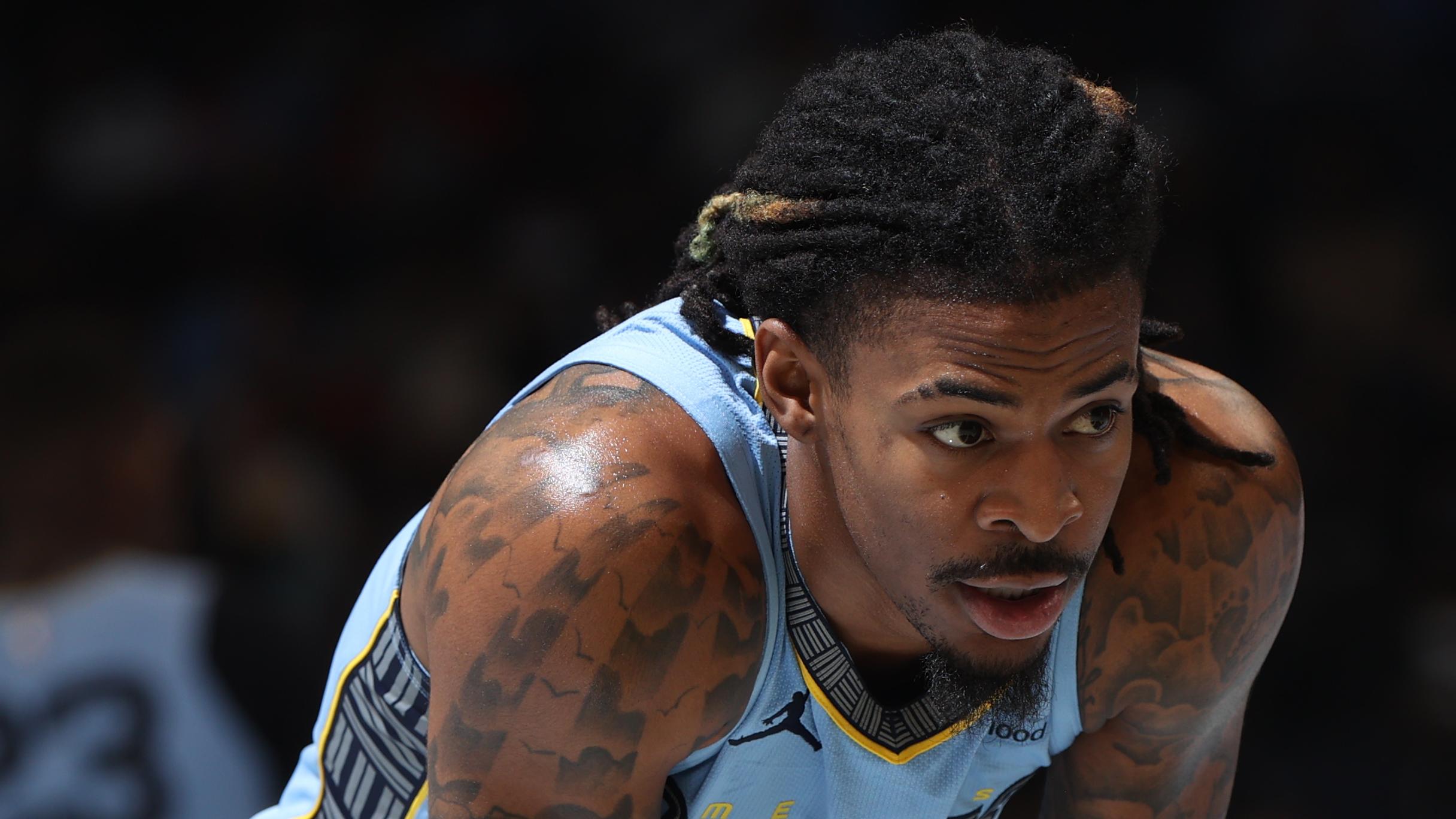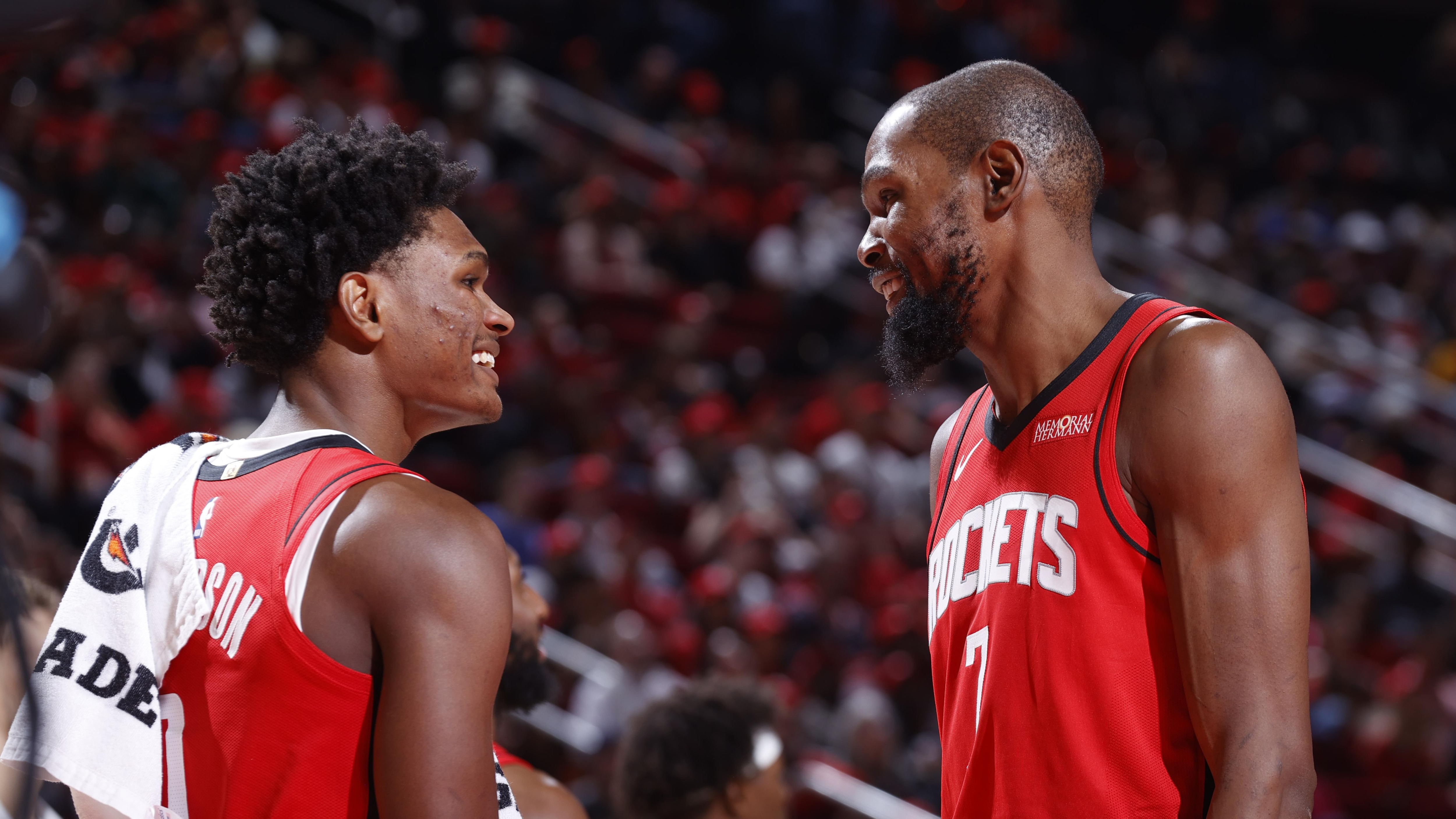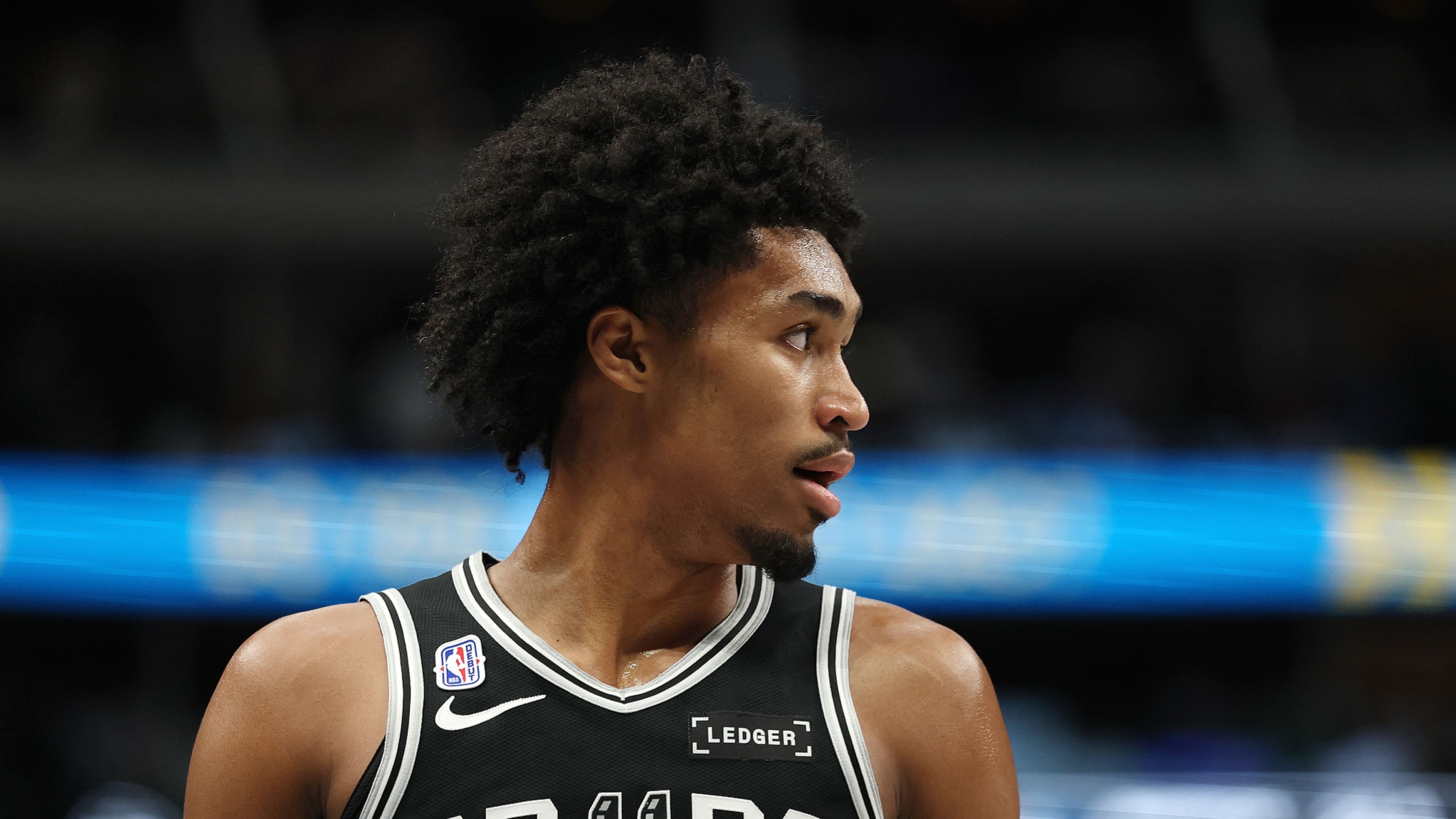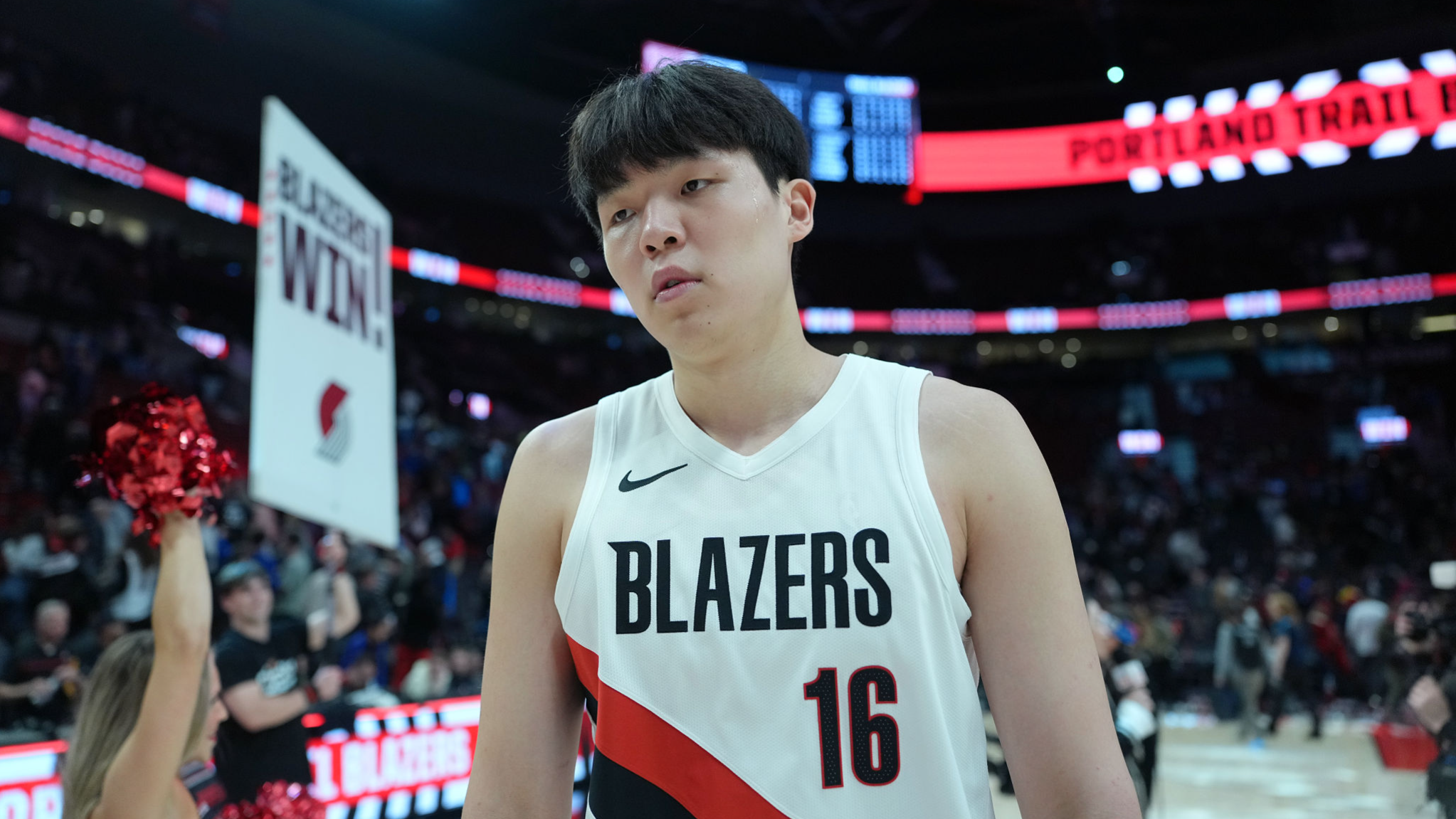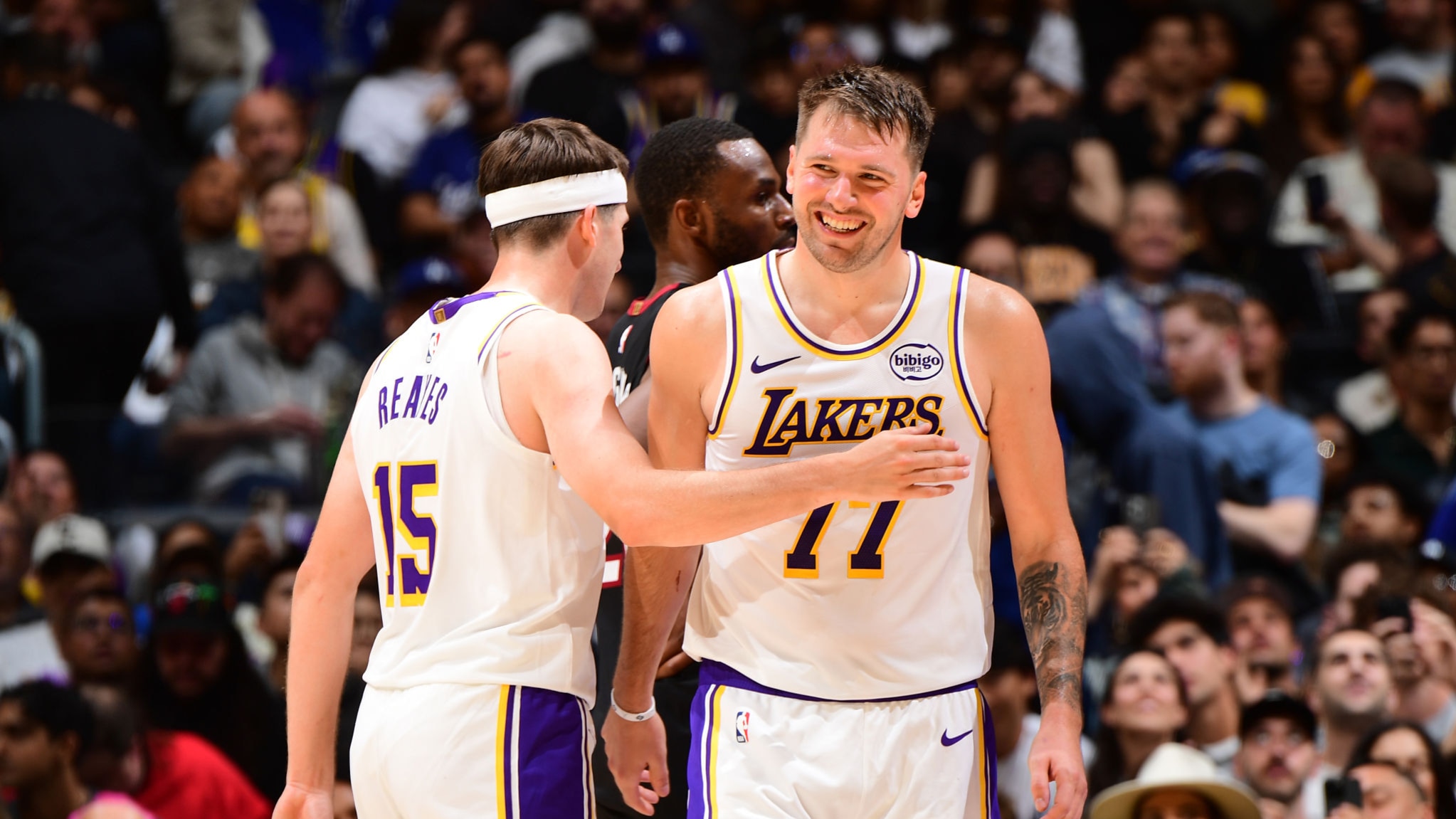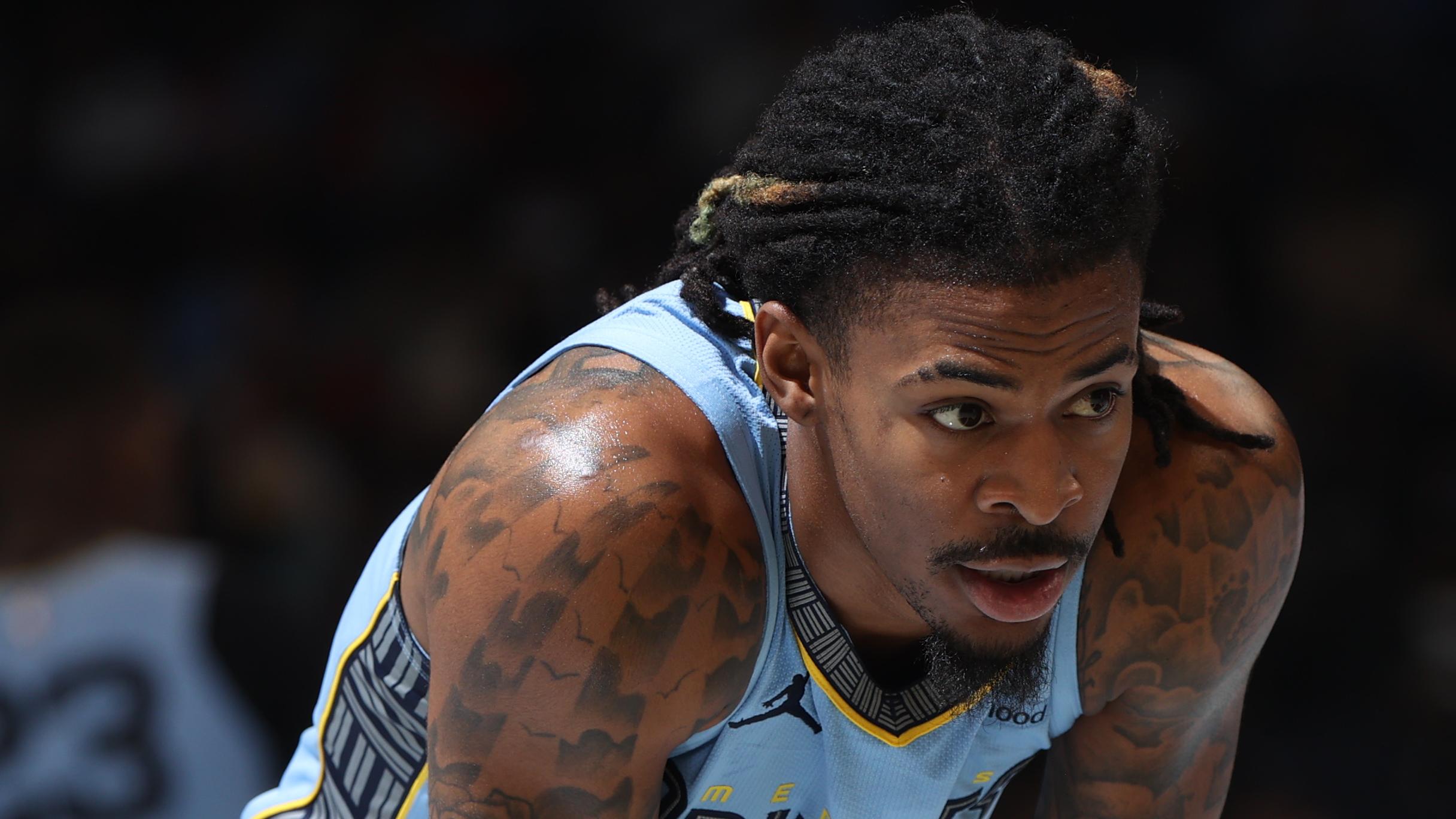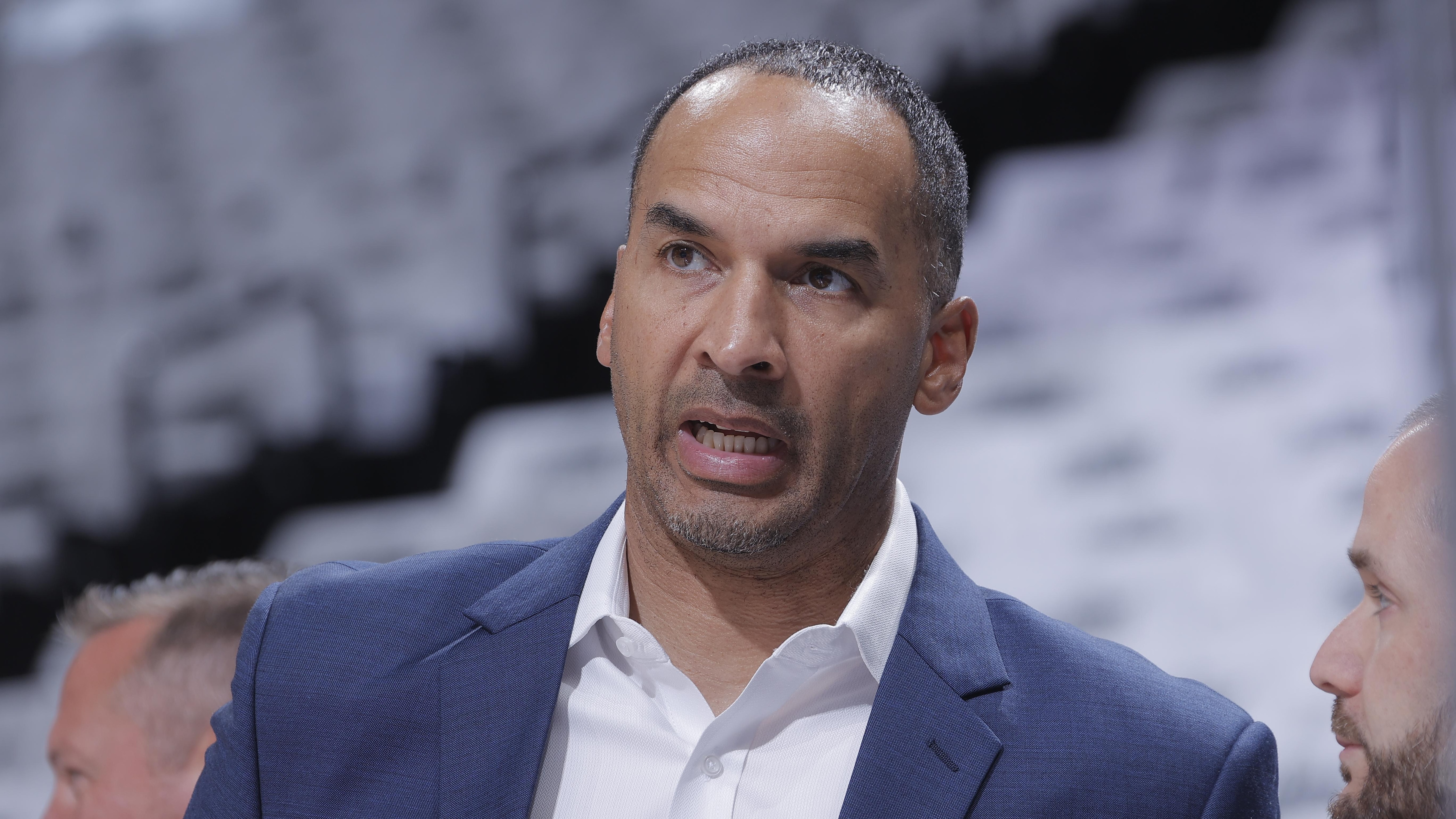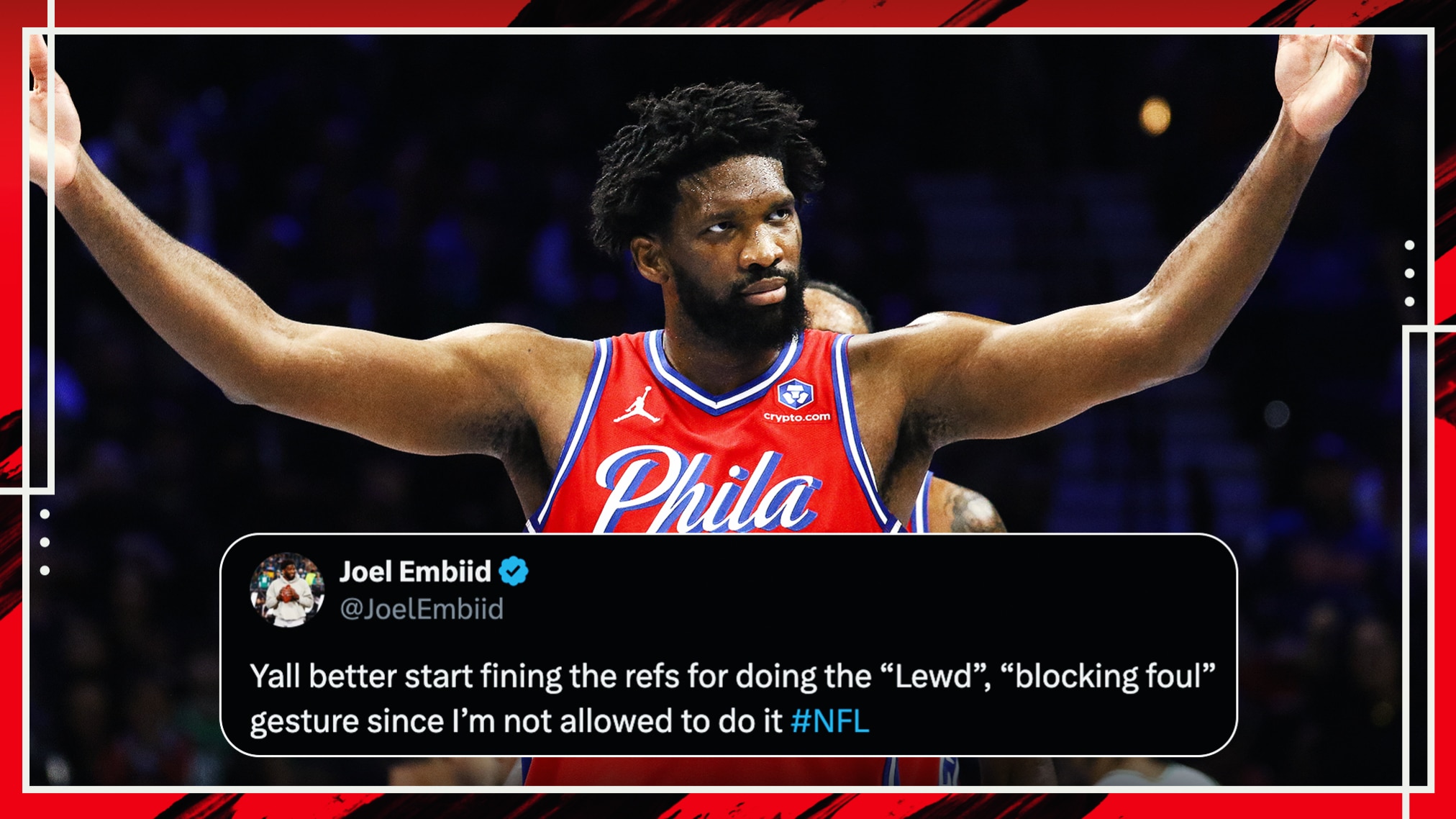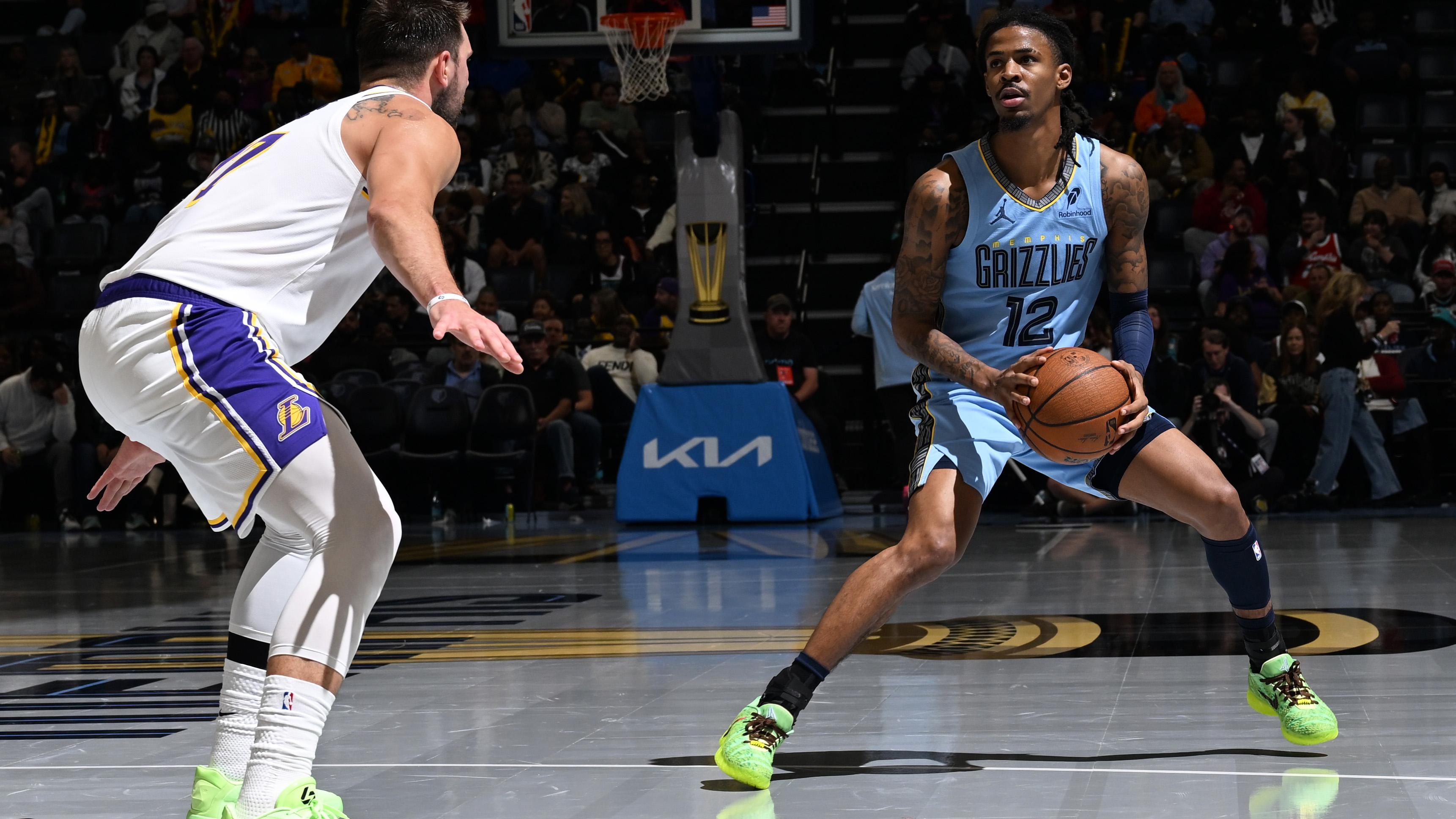Featured Video
Wake Forest's Elite Pitching Lab 🧪
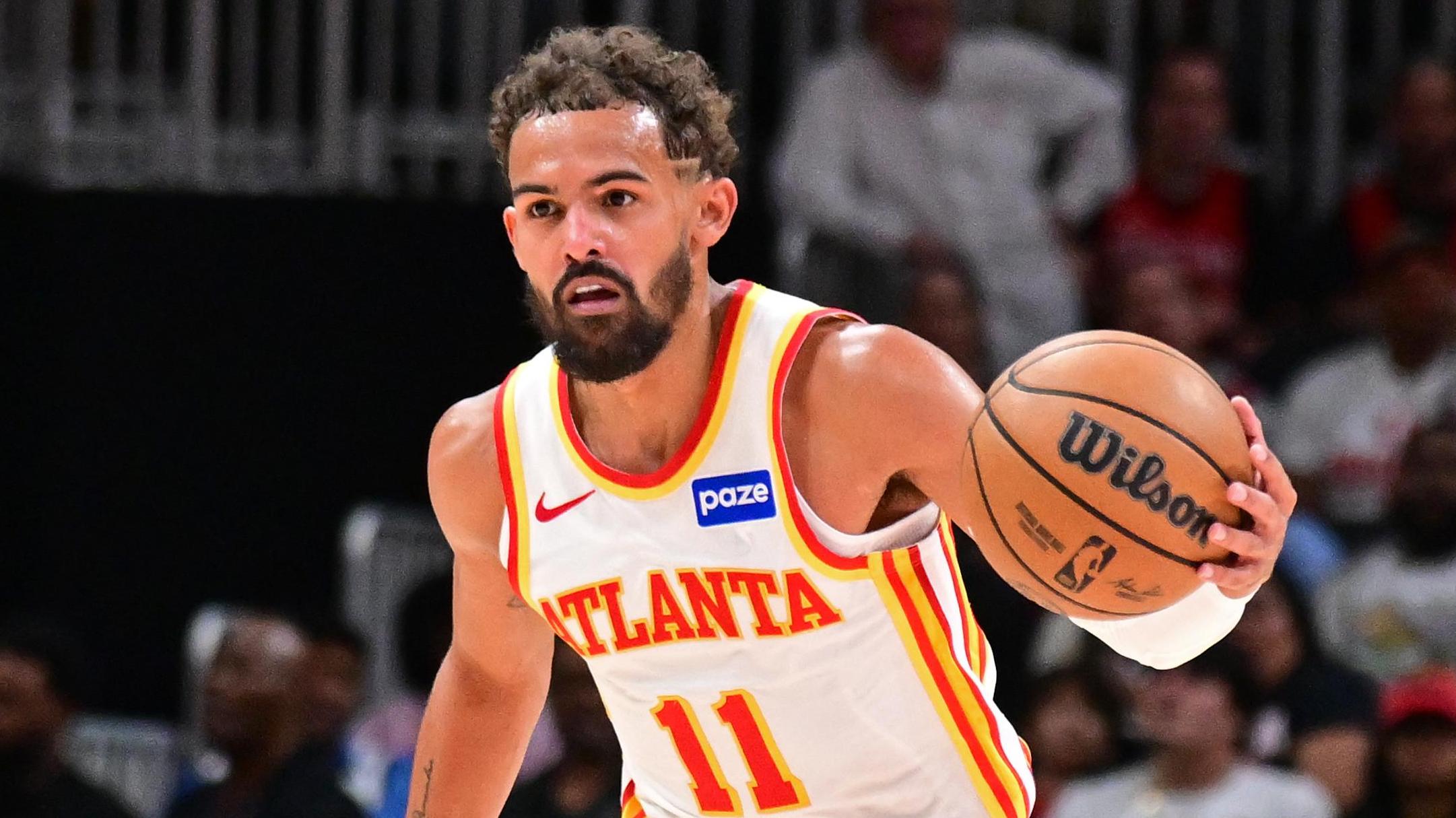
5 NBA Players with Big-Money Contracts On the Line This Season
At the dawn of the 2025-26 NBA season, everyone is zeroed in on all the most important stuff. You know, like playing the right way, achieving collective success, bettering last year's performance.
And, of course, money.
Everyone wants to be their best selves this coming season, but some players have more incentive than others. These guys have cash at stake, whether in the form of a possible in-season extension or impending free-agent deals. For them, the upcoming campaign will take on a prove-it quality.
Depending on how these players perform, their earning potential could skyrocket or stagnate.
Walker Kessler, Utah Jazz
1 of 5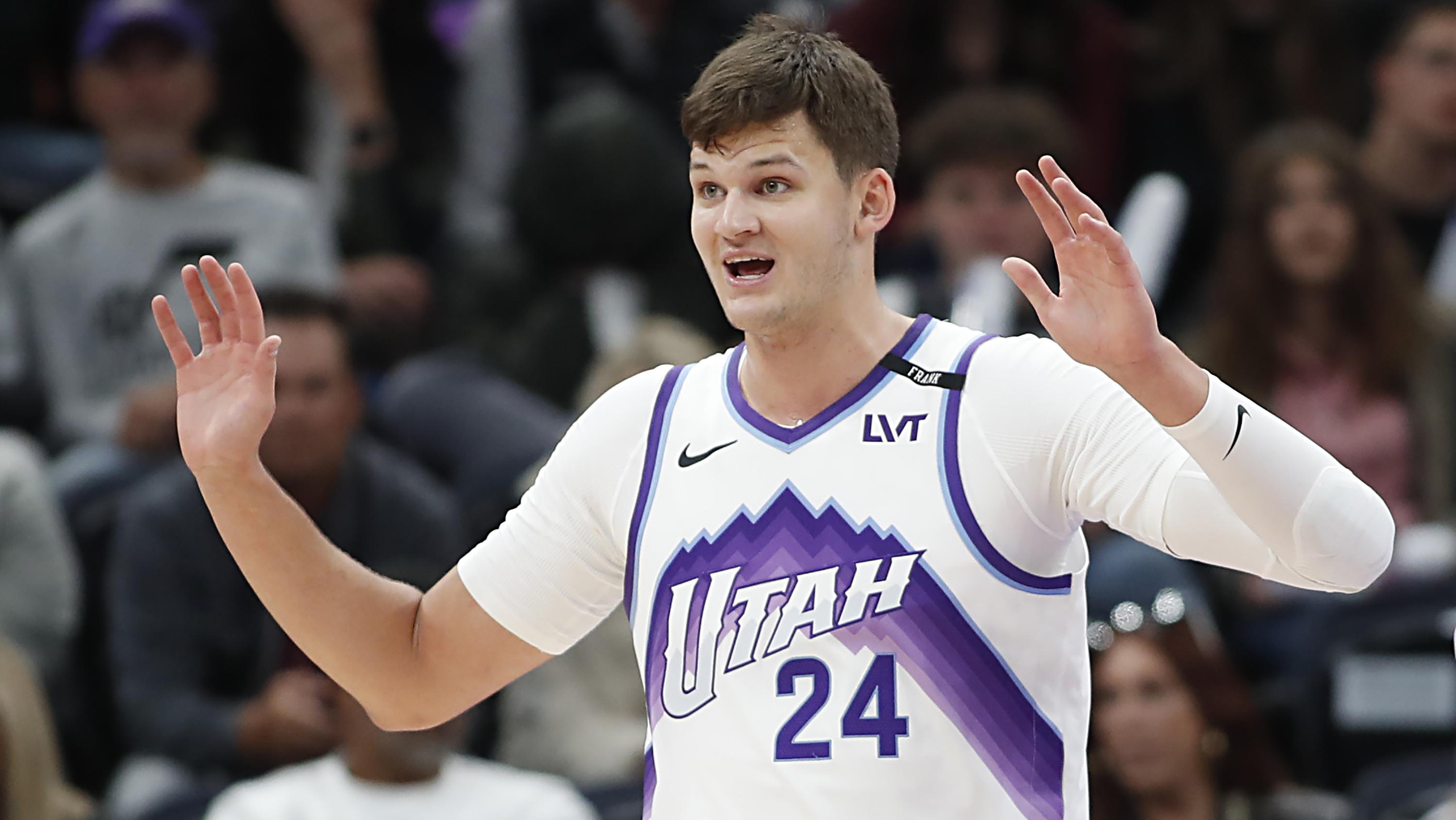
Walker Kessler was better than ever last year, posting a career-best 92nd percentile Defensive Estimated Plus/Minus figure, leading the league in offensive rebounds per game, and dramatically reducing opponents' field-goal attempt frequency and accuracy at the rim.
Basically, the 24-year-old extended his three-year run as a board-hoarding, shot-blocking defensive anchor—all while toiling for a Utah Jazz team that spent the season trying to lose games.
Given his production level, youth and the fact that several of his less-successful draft classmates have already inked extensions, you can understand why he's frustrated the Jazz haven't handed him a new deal of his own.
A numbers game is partly to blame. Utah chose not to extend Kessler because keeping his $14.7 million cap hold on the books allows for more financial flexibility next summer.
For a refresher, Tyrese Maxey, a far more accomplished player, had to play the same waiting game with the Philadelphia 76ers a couple of seasons ago.
This is just a case of an organization trying to maximize its options, and it comes at the cost of early financial security for Kessler.
If the center turns in a fourth season that's as good or better than the one he just completed (11.1 points, 12.2 rebounds and 2.4 blocks on a 66.3 field-goal percentage), he'll cash in to the tune of at least $25 million per year.
If injury arises or Kessler's frustration affects his play, it could result in diminished earnings.
Austin Reaves, Los Angeles Lakers
2 of 5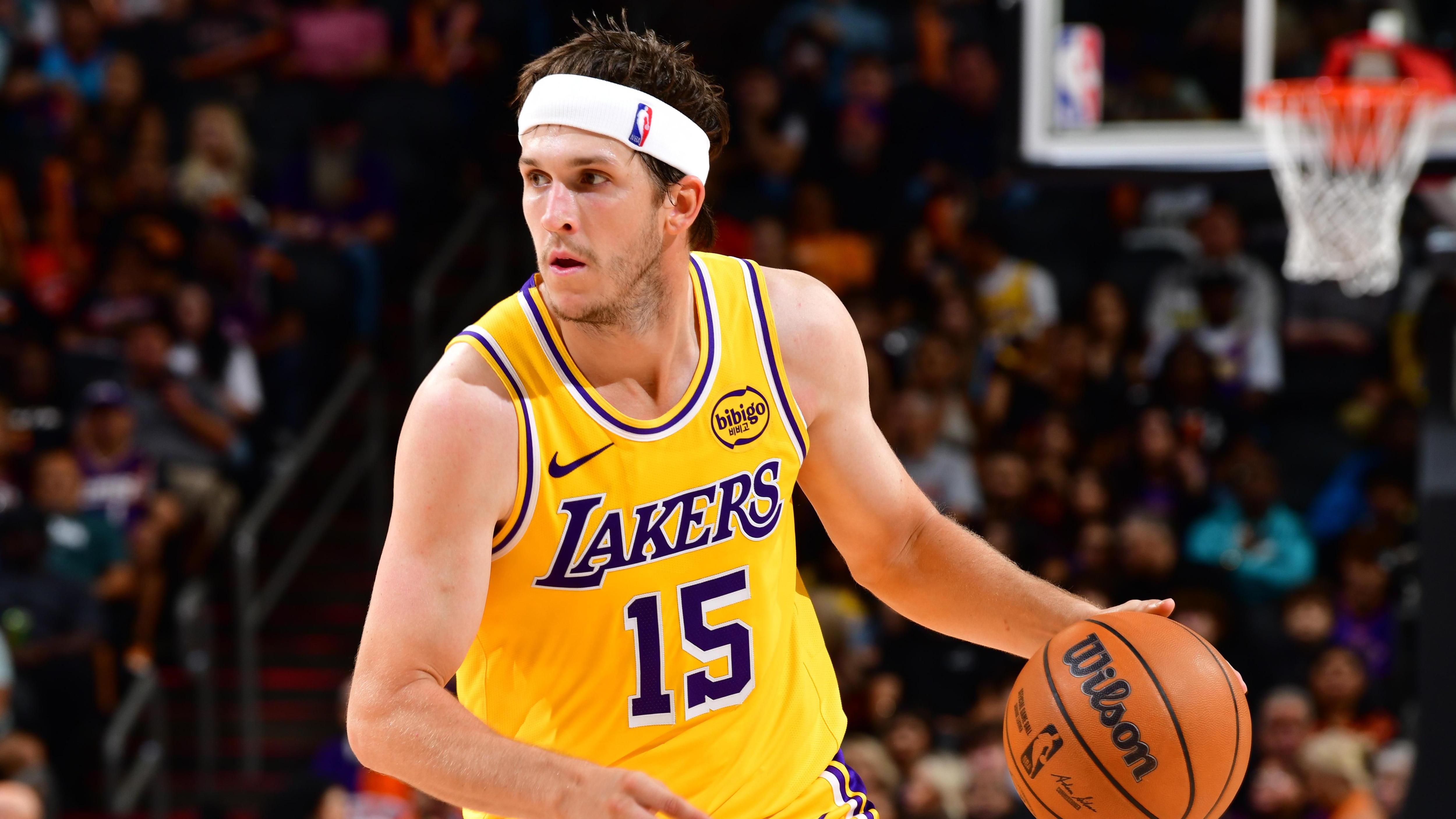
Anyone skeptical of the last contract Austin Reaves signed has to admit defeat now.
The entire reason the 27-year-old was never going to extend with the Los Angeles Lakers this past summer was due to the four-year, $54 million deal he inked during the 2023 offseason.
The most the Lakers could offer in an extension based on that contract is four years and $89 million, nowhere near market value for a player who averaged 20.2 points, 5.8 assists and 4.5 rebounds with a 46.0/37.7/87.7 shooting split in 2024-25.
Reaves will earn just $13.9 million this season and is a lock to decline his $14.8 million player option for 2026-27, at which point he'll become an unrestricted free agent.
It's hard to imagine he'll perform well enough to get the largest offer the Lakers can put on the table, which could be worth upwards of $240 million over five years.
However, as a clear second option behind Luka Dončić whenever LeBron James is out of the lineup—which could be pretty often during an age-41 season already affected by sciatica—Reaves will get every opportunity to demonstrate his worth.
A mere repeat of last season's numbers should earn Reaves at least $30 million per season. Anything more than that, and he could push up toward $40 million annually.
Bennedict Mathurin, Indiana Pacers
3 of 5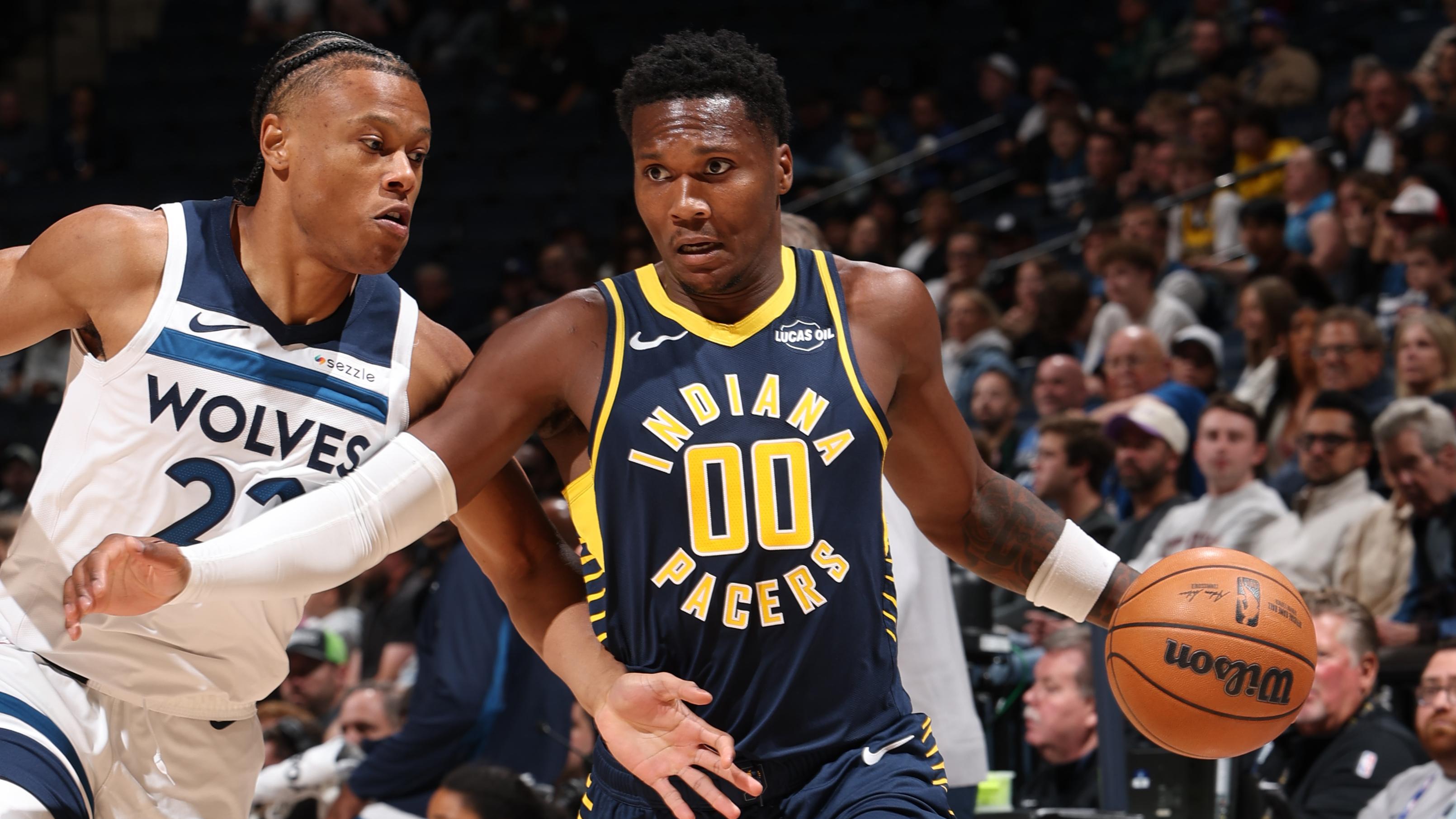
At full strength, the Indiana Pacers don't view Bennedict Mathurin as a starter. But he can use this pivotal 2025-26 season to change their minds.
With Tyrese Haliburton out of action, the 23-year-old will slot in alongside Andrew Nembhard in Indy's starting backcourt and be expected to score at high volume while also improving his off-ball defense and offensive processing speed.
Nothing in Mathurin's track record suggests that first task will be a problem; he's been a spark-plug bucket-getter from the moment he set foot on an NBA floor in 2022.
As a rookie, he came off the bench and averaged 21.1 points and 7.4 free-throw attempts per 36 minutes. Only six other rookie guards (minimum 2,000 minutes) have ever produced those numbers, and several of them are Hall of Famers.
His scoring rate has held relatively steady ever since, but his flaws have persisted as well. The key to Mathurin maximizing his earning potential will be growth in areas unrelated to field goals and free throws.
Still young as he begins his fourth season, Mathurin has a real shot to establish himself not just as a clear starter going forward, but also as one of the top wings in the league.
He'll have to see the floor better, make decisions faster and shore up his defense, but this is a player who lacks for nothing in the physical tools department.
If Mathurin makes strides in the mental game and focuses on all the little things the Pacers prize, he could cash in as a restricted free agent next summer.
The real question is whether that massive deal will come from Indiana or somebody else.
Jalen Duren, Detroit Pistons
4 of 5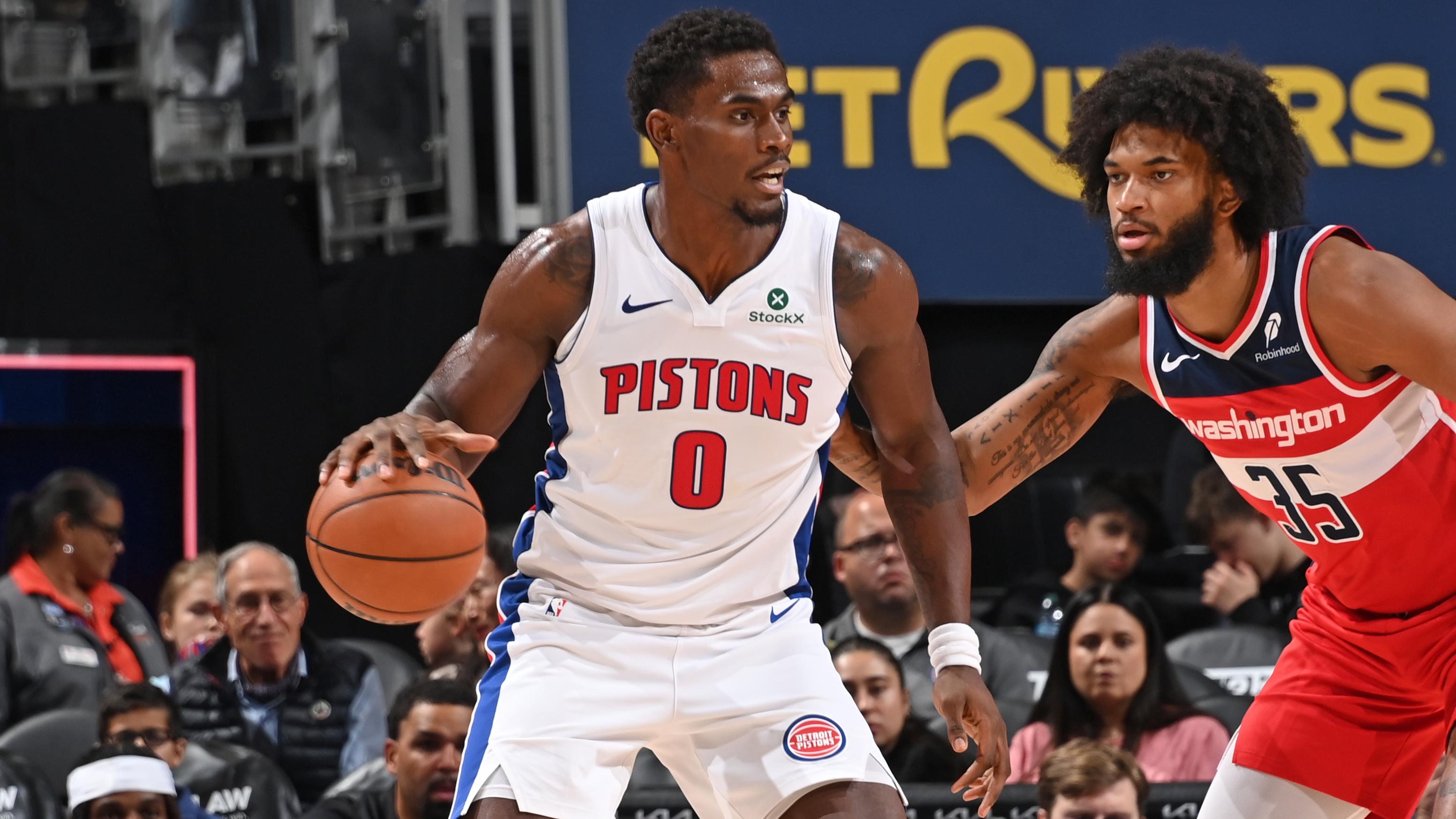
In a few senses, Jalen Duren is in a similar spot to Kessler in Utah. Both are non-stretch, non-switch bigs whose values ahead of 2026 restricted free agency are tricky to pin down.
Also like Kessler, Duren couldn't coax an early extension out of his team, the Detroit Pistons.
While Kessler boasts vastly superior rim-protection, Duren is more athletic and might have greater potential offensive value if he can showcase his passing chops a bit more. The other key difference is that Duren has produced for a winner, helping the Pistons post 44 victories last season.
A double-double machine, Duren owns career averages of 11.5 points and 10.2 rebounds. He's also shockingly young. Already boasting three years of experience, he won't turn 22 until a month into the season.
That suggests more room for growth, as does his post-All-Star-break surge last year, when he put up 13.7 points, 10.7 boards and 3.0 assists per game on an increased usage rate as Detroit handily won his minutes.
Duren can establish himself as a $30 million player if he takes another big step forward. If he merely holds steady, he'll still survive and can probably expect something along the lines of four years and $90 million in restricted free agency.
Trae Young, Atlanta Hawks
5 of 5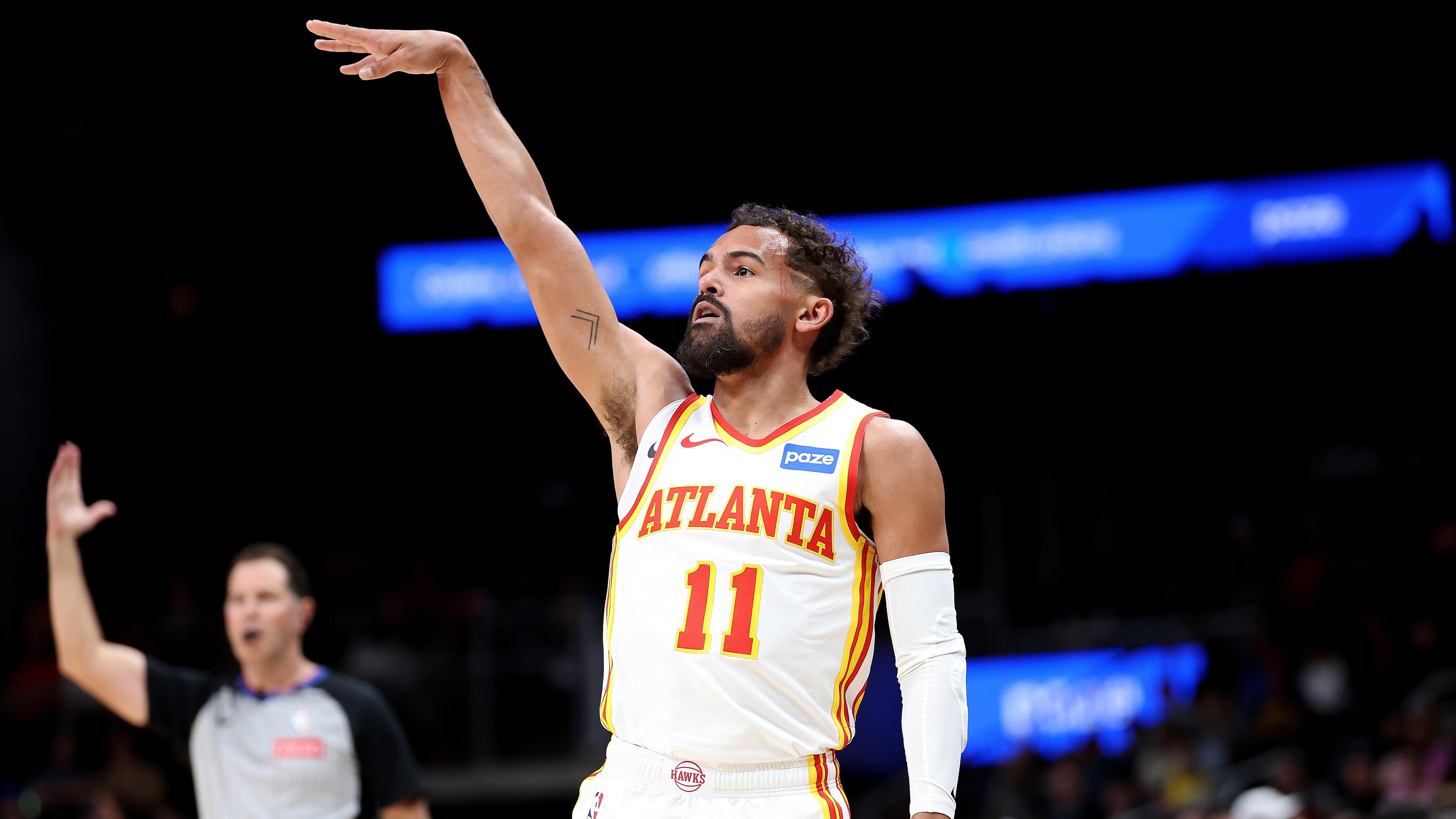
We've already seen how the apron era is scaring teams into dealing away big contracts when they don't view themselves as contenders (hi, Celtics), but Trae Young could be the first true test case of how the CBA's new structure affects extensions.
In the past, the 27-year-old would have earned a rubber-stamped max deal this past summer. Teams used to get that sort of business done early in circumstances like this, as Young has a $49 million player option for 2026-27 that he can decline to enter unrestricted free agency.
The fear of losing him for nothing would have motivated Atlanta to act, but now the fear of potentially crippling restrictions to roster-building have the Hawks hesitating.
Young may not be an MVP candidate, but plenty of players around his level (let's just say multi-time All-Stars with a one or two All-NBA nods) used to easily command the largest allowable extensions when coming off their rookie-scale maxes.
De'Aaron Fox got his second max extension this past offseason, and Jamal Murray inked one last summer. Karl-Anthony Towns, Devin Booker and Jaylen Brown all followed up one max with another.
If Young reestablishes himself as one of the league's rare "offense unto himself" creators, gets his scoring efficiency back up to where it was in 2022 and does so while leading a loaded Hawks team to 50-plus wins, he'll have a shot to earn 30.0 percent of the cap and prove non-MVPs can still max out a second time.
If he falls short, he'll still decline his player option and sign for big money. But he'll almost certainly have to settle for less than he would prefer.
Stats courtesy of NBA.com, Basketball Reference and Cleaning the Glass. Salary info via Spotrac.
Grant Hughes covers the NBA for Bleacher Report. Follow him on Bluesky and subscribe to the Hardwood Knocks podcast, where he appears with Bleacher Report's Dan Favale.
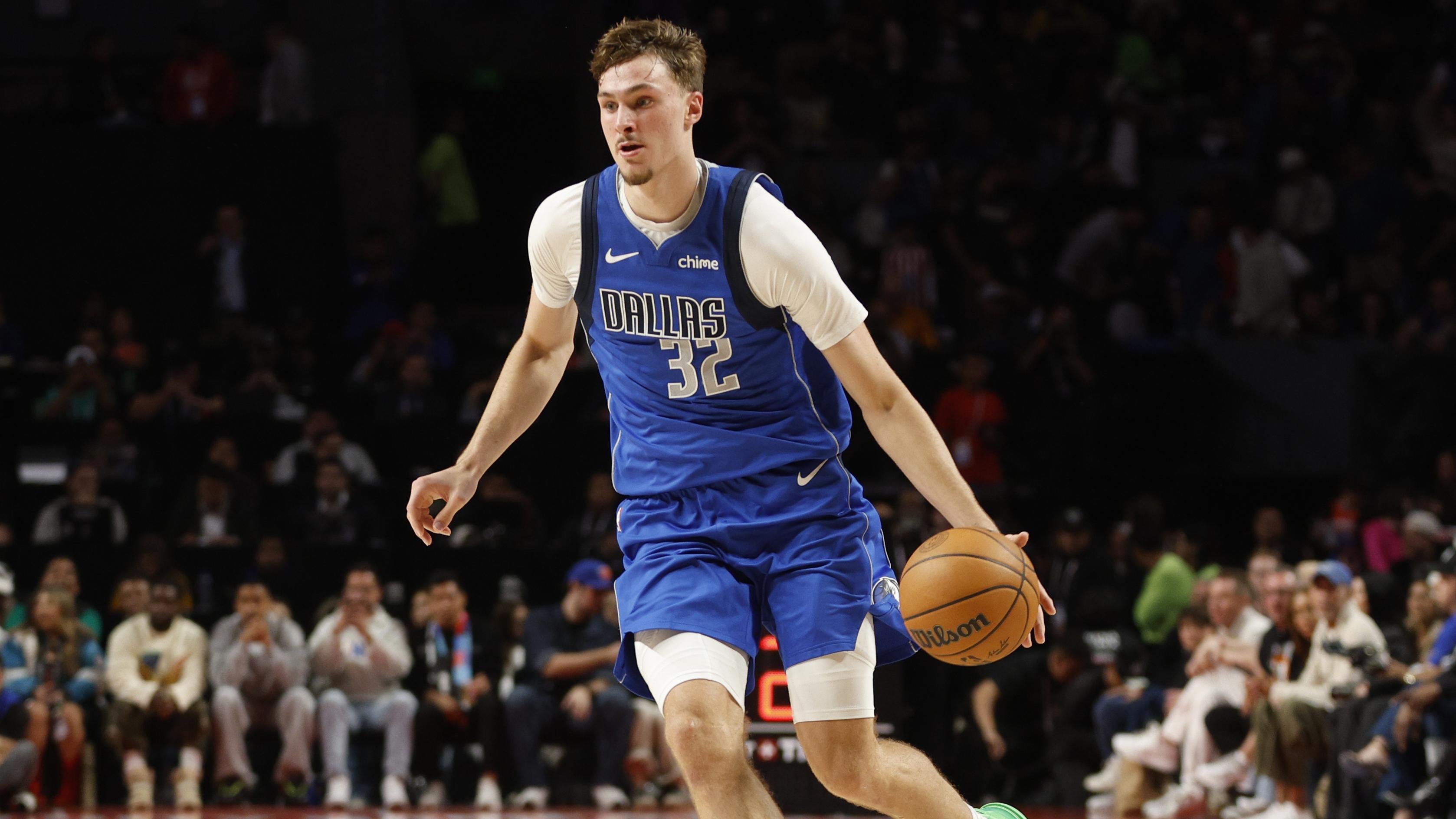
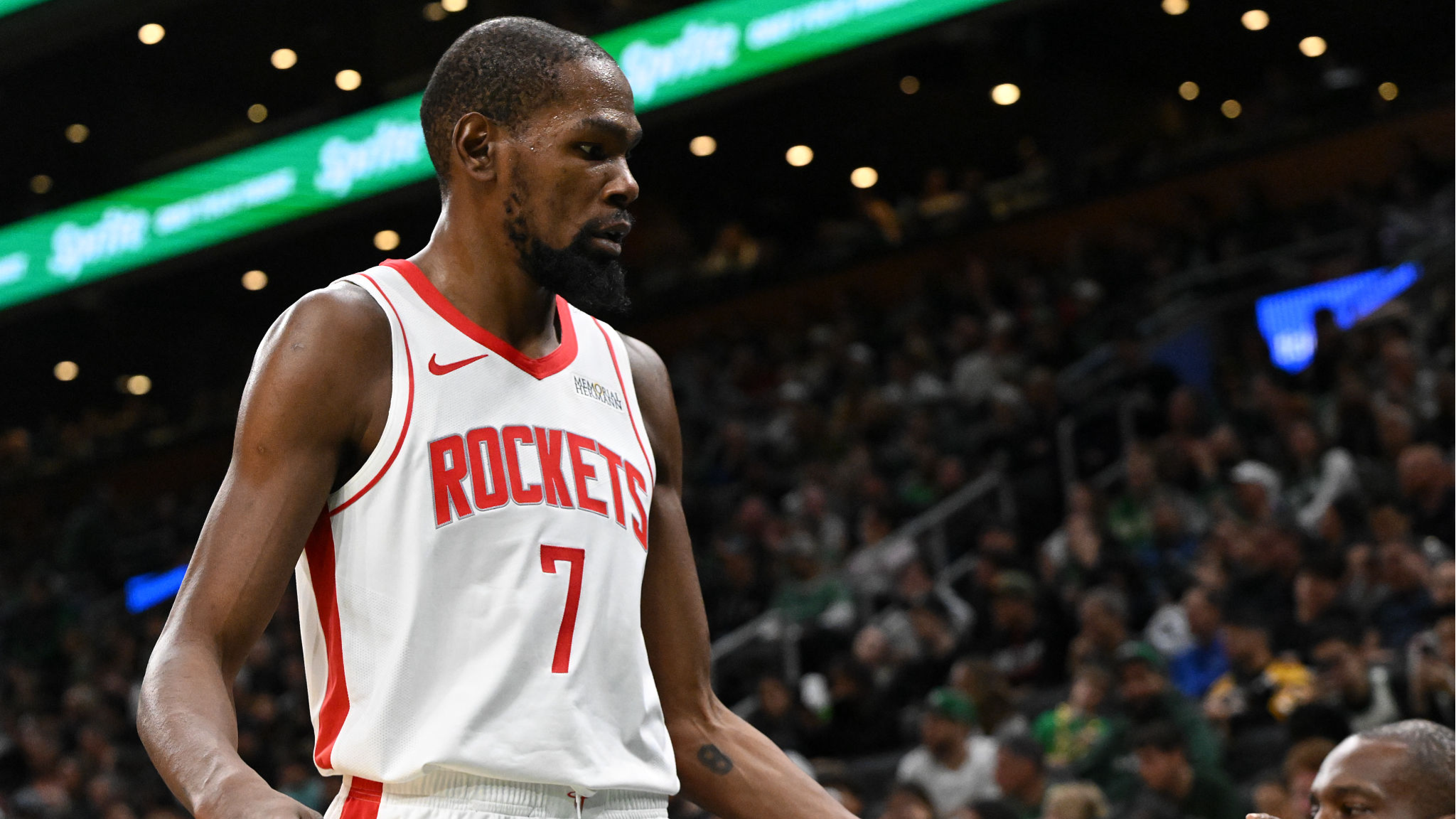
.png)
